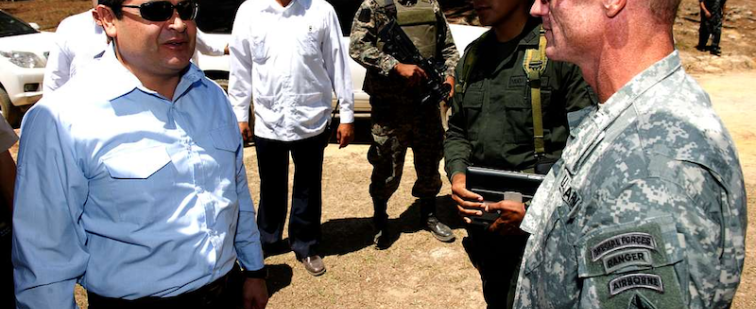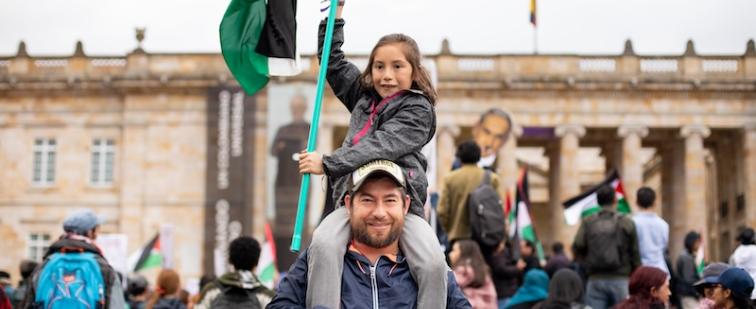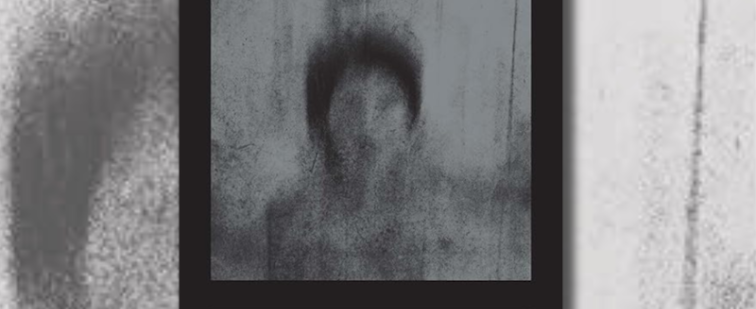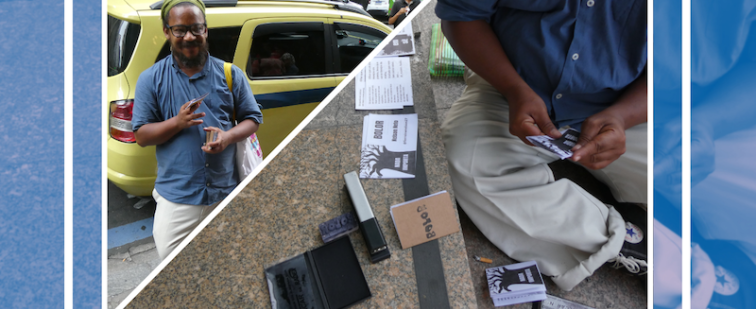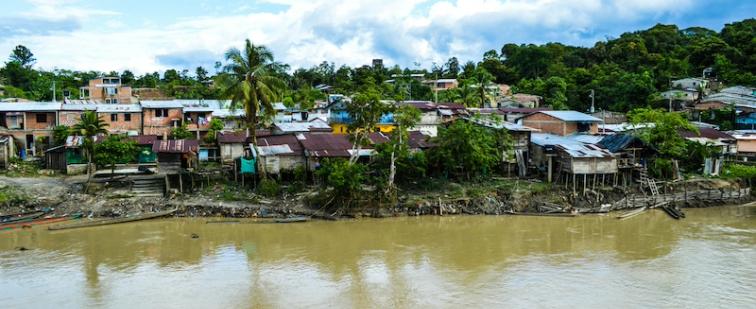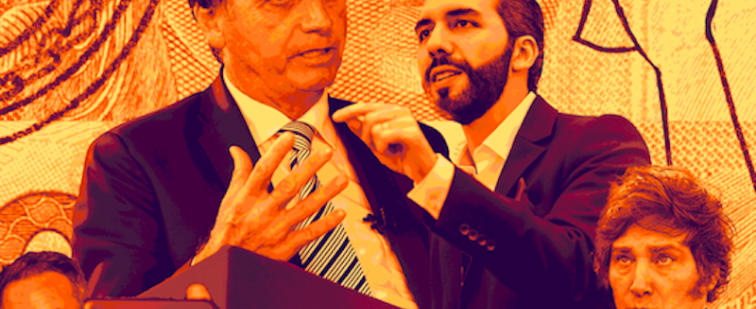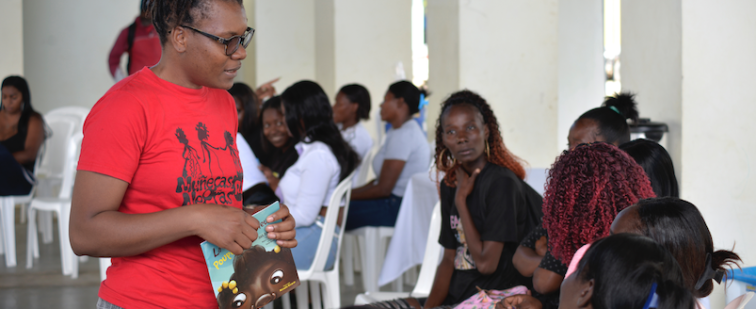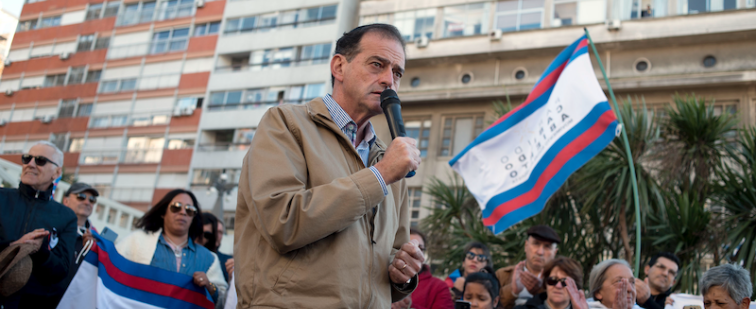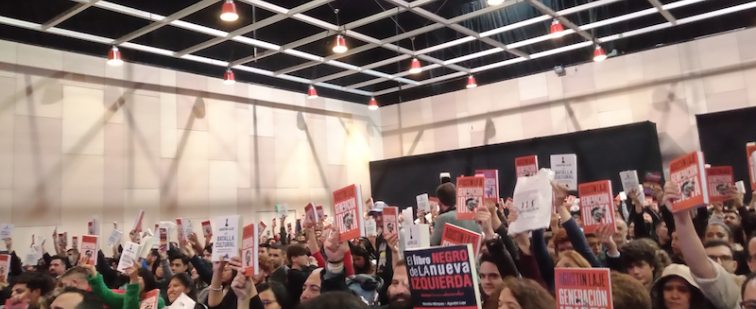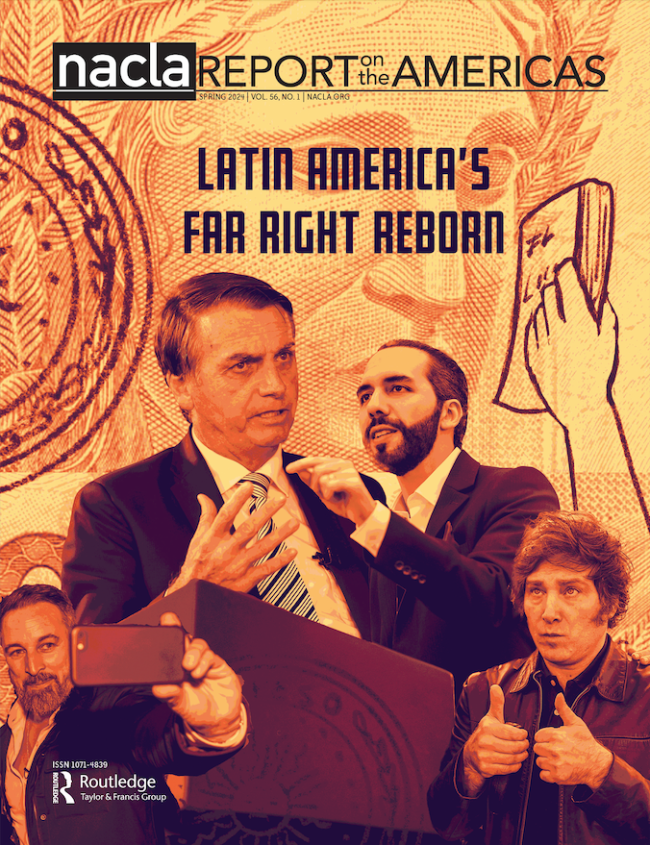Home
The conflict over taxes on agricultural exports in Argentina has its historical roots in the fact that most governments in the 200-year history of the country have taxed agricultural exports to generate revenue for other purposes. The country has a huge potential for producing food and grains; a recent estimate is that it can produce enough food for 450 million people—this, in a country with about 38 million people. It is also one of the most unequal countries in the world, with the top 10 percent receiving about 30 times what the bottom 10 percent receives, down from about 50 times in 2002.
Since the inception of the oil industry in the early twentieth century, Venezuela has had strong cultural ties to the United States. President Hugo Chávez however has sought to change this by cultivating a sense of cultural nationalism in his country. Through this “Bolivarian Cinecittà,” Chávez seeks to spur production of films dealing with social empowerment, South American history, and Venezuelan values.
A NACLA investigative article into the Salvadoran branch of the International Law Enforcement Academy, a U.S.-sponsored global network of police schools, raised concerns among some human rights activists and U.S. policy analysts. They criticize the article as a "personal attack" against Benjamín Cuéllar, a Salvadoran human rights activist, whose organization offers human rights training at the academy. The author defends his findings writing that Cuéllar's participation constitutes "the co-optation" of human rights discourses in the service of U.S. military intervention.
The Caribbean coast of Honduras has been home to Afro-indigenous Garifuna communities for over 200 years. But a government-sponsored plan to build a tourist mega-resort on Garifuna lands in Tela Bay threatens not only their communally owned territories, but also an entire way of life for one of the planet's most unique cultures.
Throughout the 1980s, Republican candidate John McCain was a steadfast ally of the murderous Contra rebels trying to bring down the Sandinista Revolution in Nicaragua. During one of his trips to the Central American country, conflicting accounts of one meeting indicate McCain may have assaulted an unknown Sandinista official. If an obscure video taken of the meeting should surface, and confirms the incident, then it could sway the presidential election against the Arizona Senator.
Fred Baker’s Assata aka JoAnne Chesimard could have provided an occasion for reflection on the civil rights agenda and the people who fought for it in a clear-eyed, analytical way, lest we lose sight of the fact that the agenda for which so many suffered and died remains largely unfulfilled. The film's subject is both inspiring and controversial, a cautionary tale about the lengths to which the U.S. state was willing to go in quashing black radicals and a reminder of just how high the stakes really were.
Human rights activists from Latin America met in the Brazilian capital of Brasília in June to talk about and evaluate the efforts regional governments have made toward eradicating racism and discrimination. The conference is part of an ongoing process initiated by the landmark 2001 UN World Conference Against Racism held in Durban, South Africa.
Talk about pandering to your wanna-be, gotta-have conservative base. Senator John McCain, the maverick, who just last year led a major bipartisan campaign with liberal icon Ted Kennedy to pass sweeping immigration reform, is humming a different tune these days.
Outside of Ecuador, most progressives consider President Rafael Correa to be a Leftist champion of social and economic justice. Inside the country, however, conflicts between Correa and the social movement Left—the indigenous movement, environmentalists and unions, among others—have become increasingly heated.

